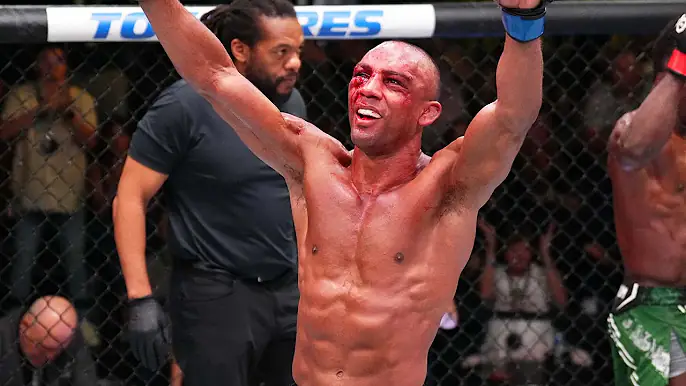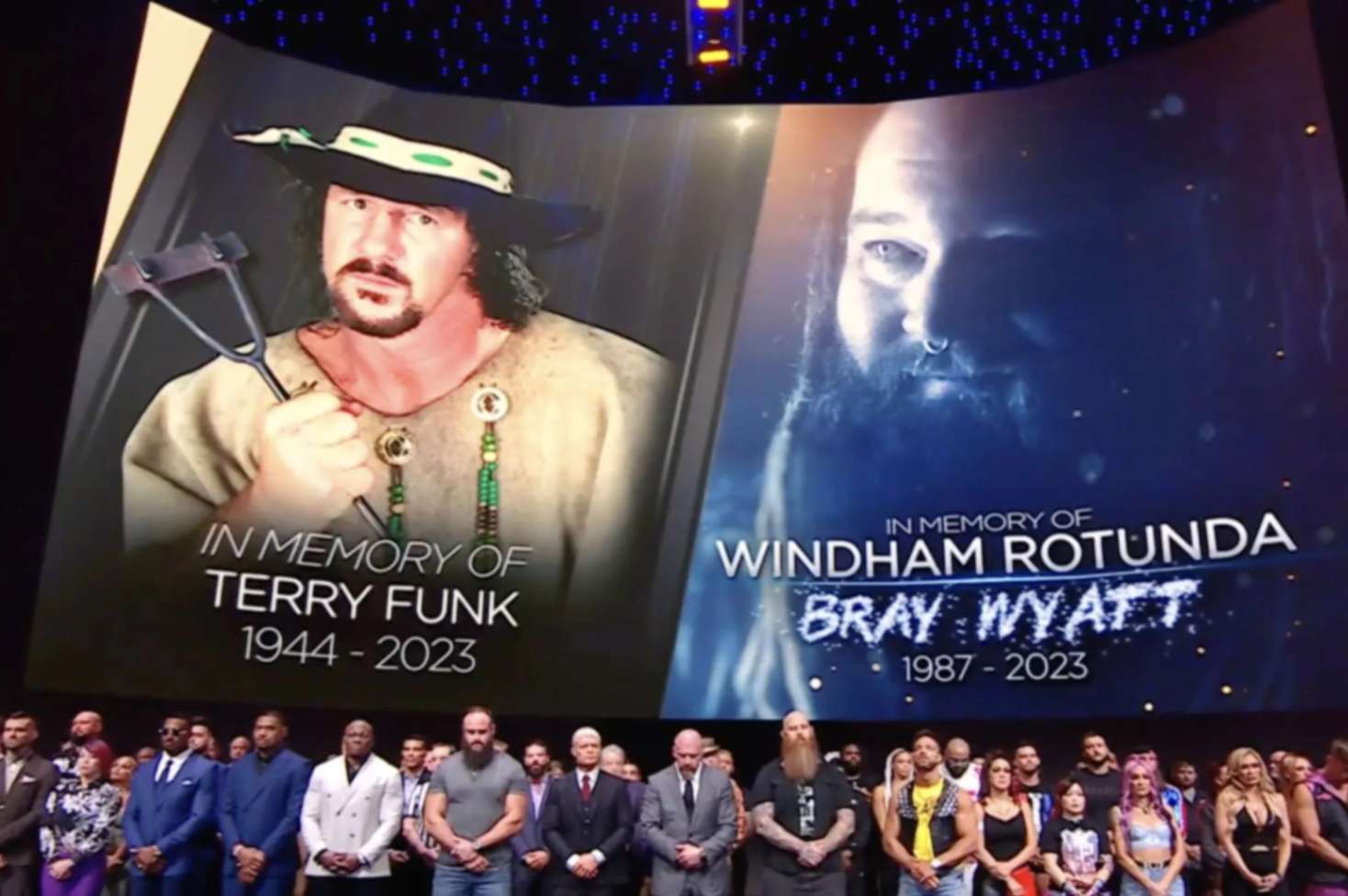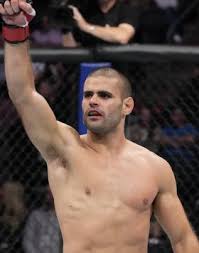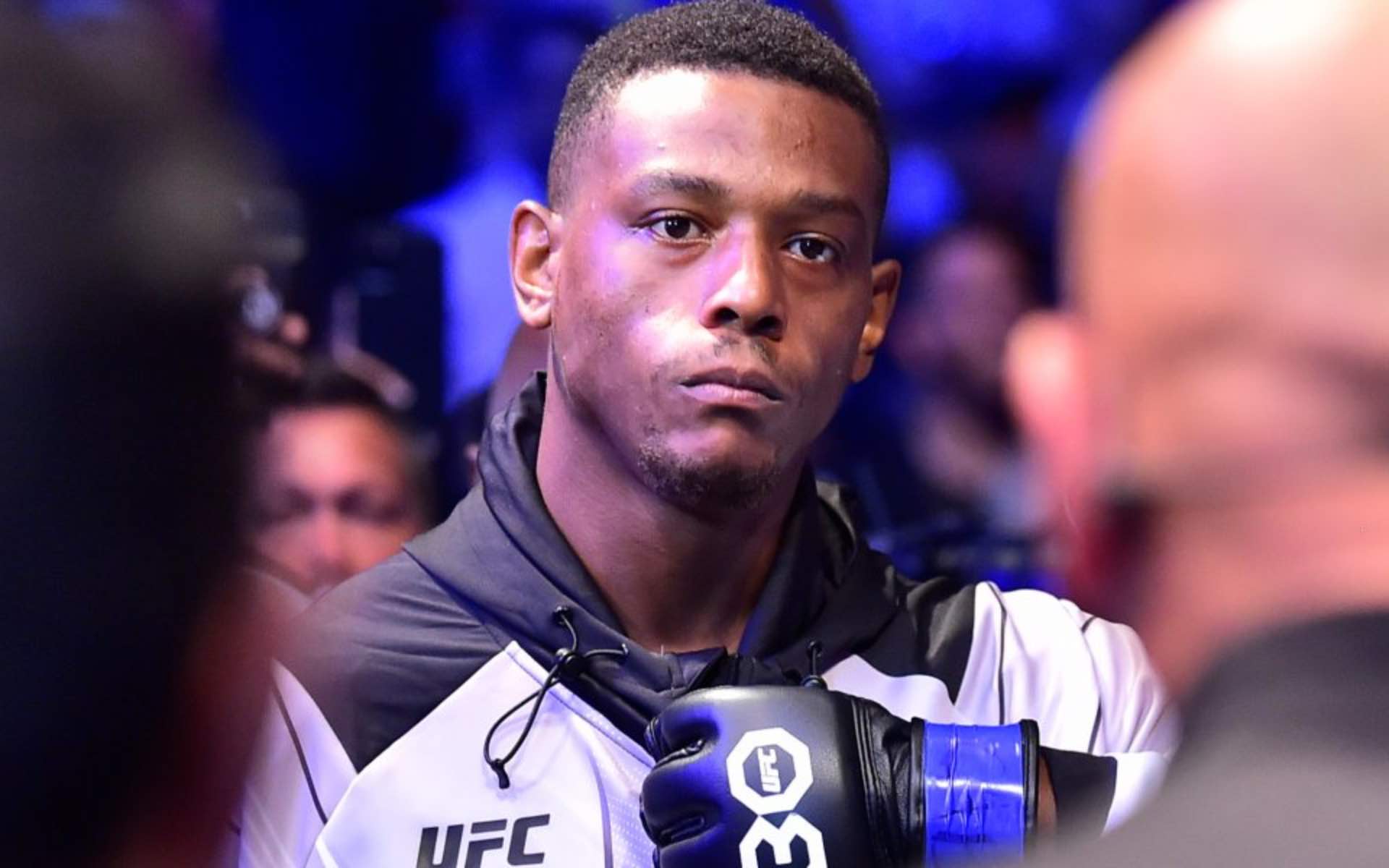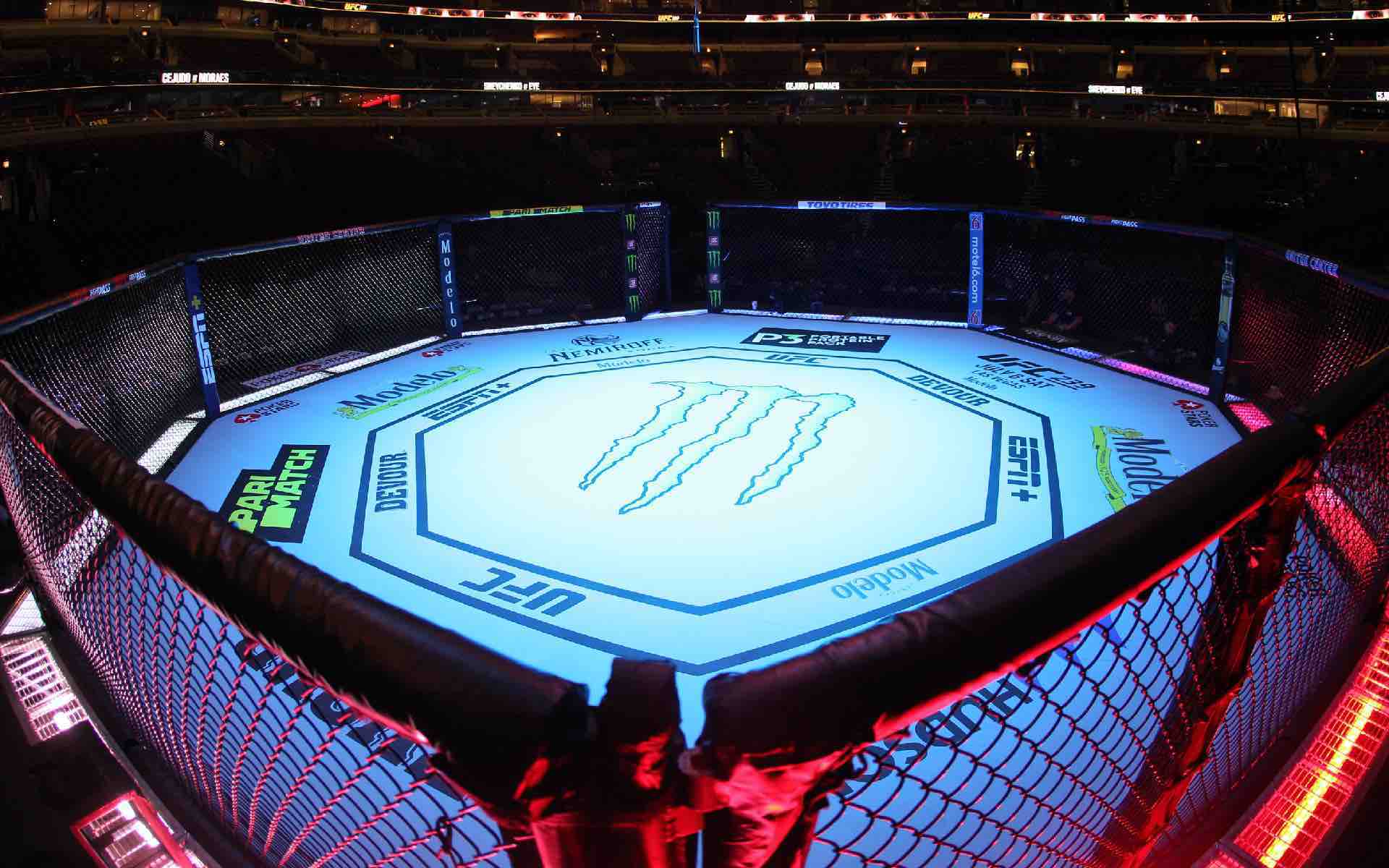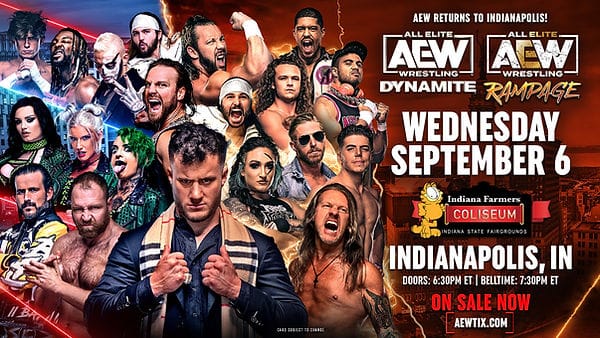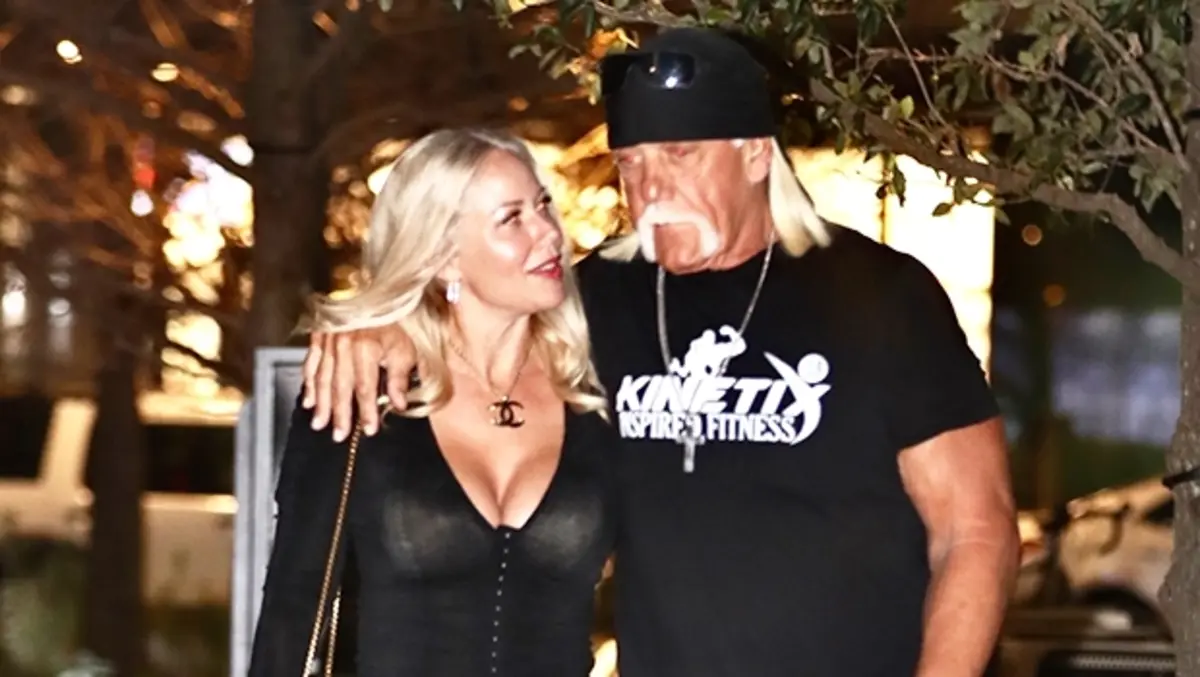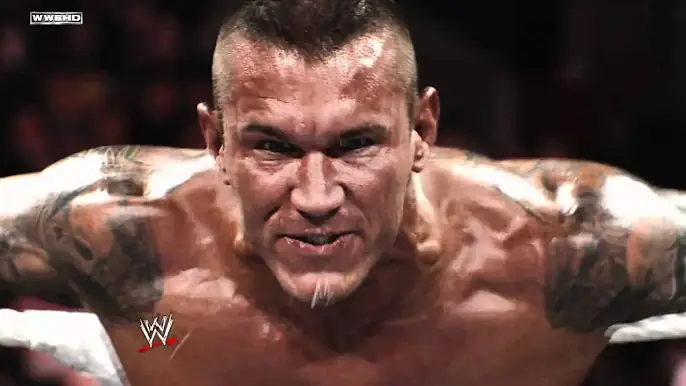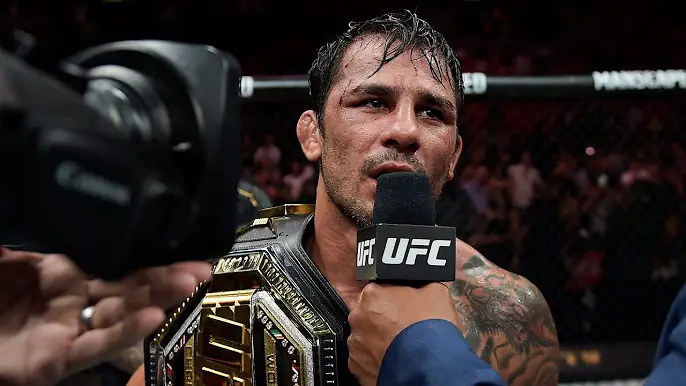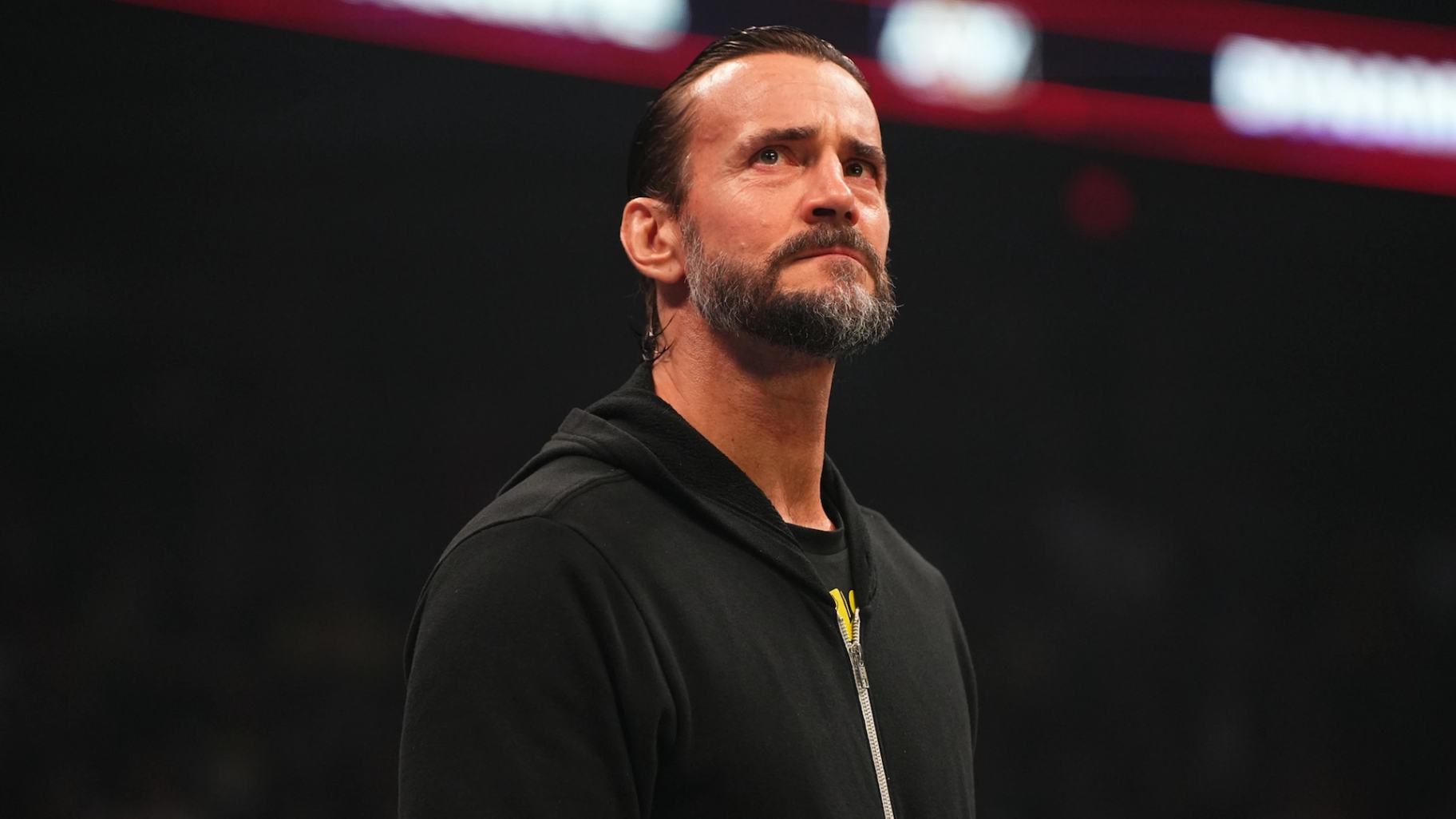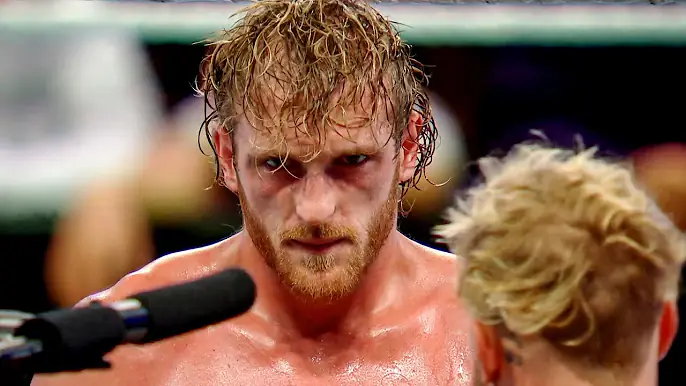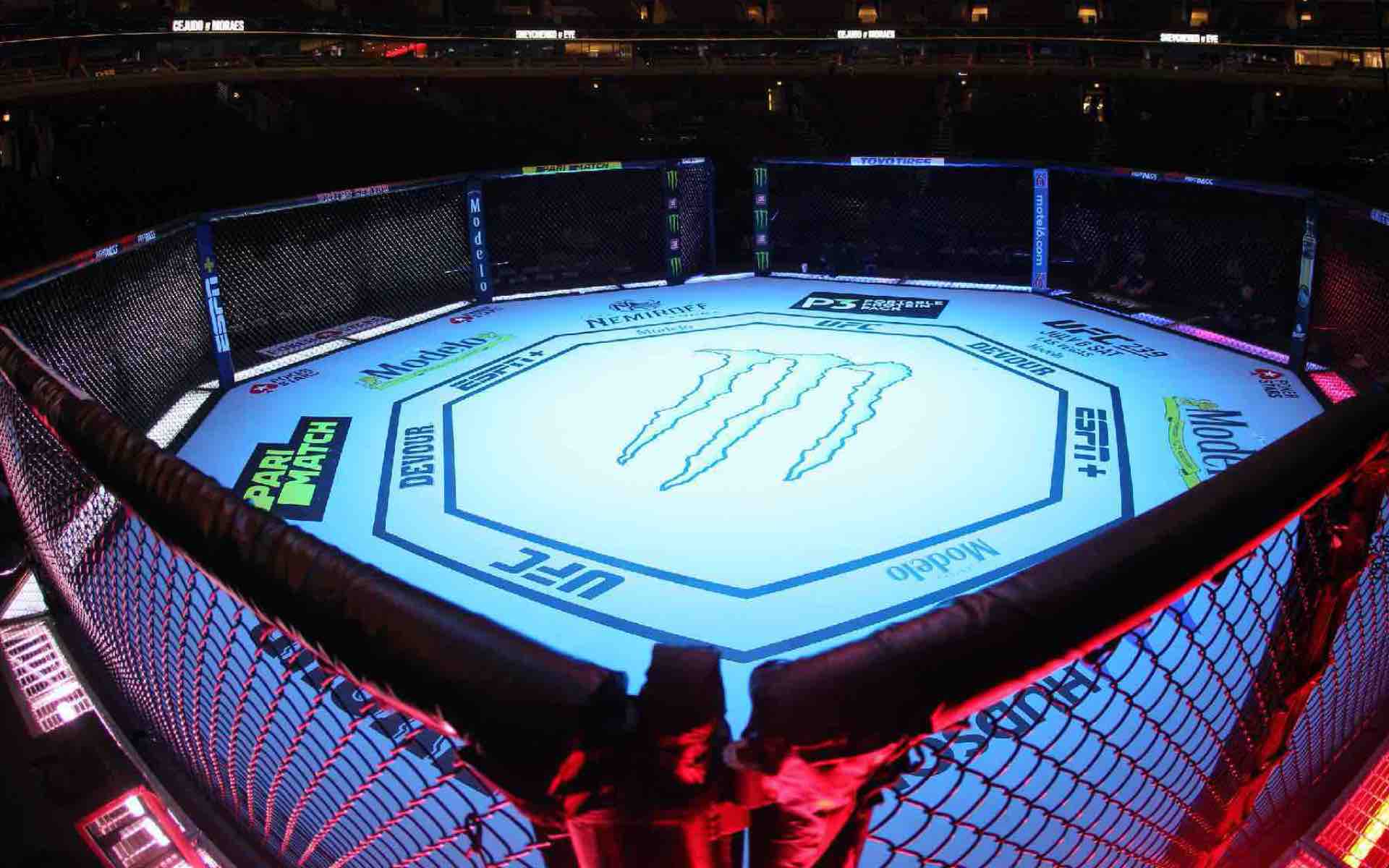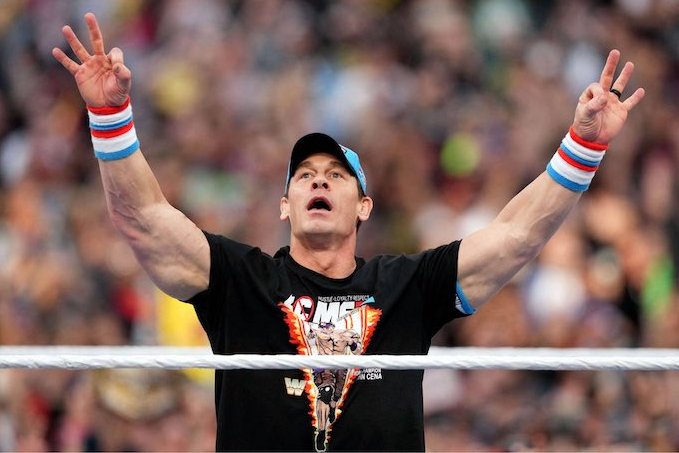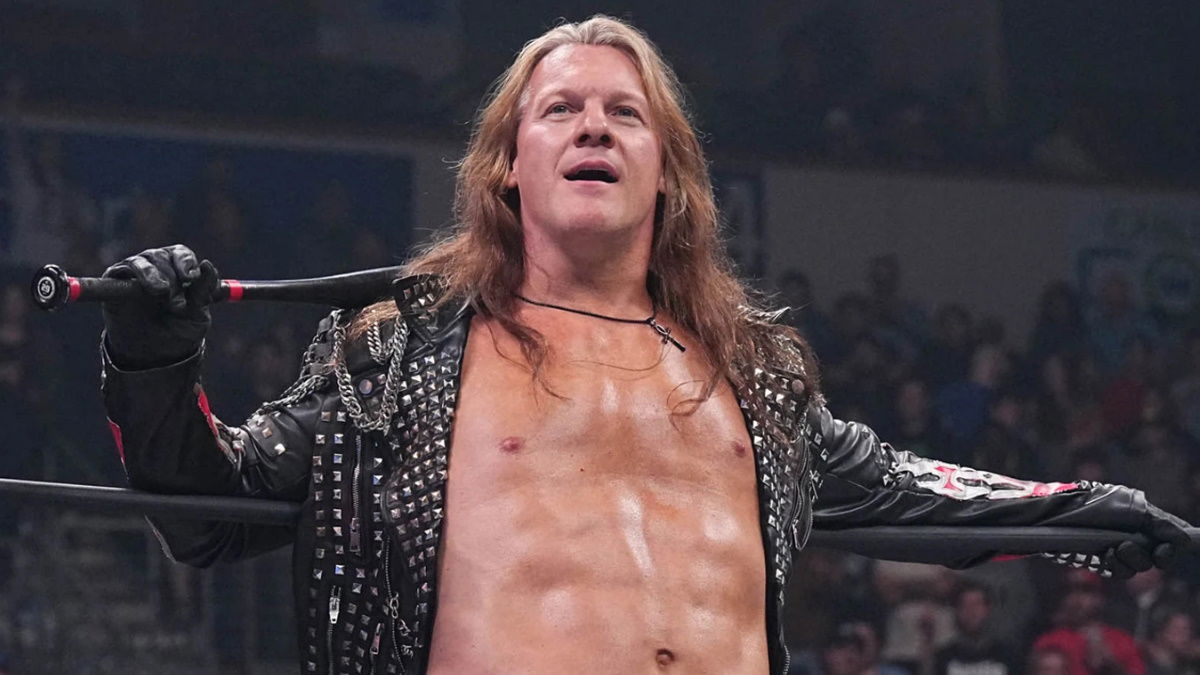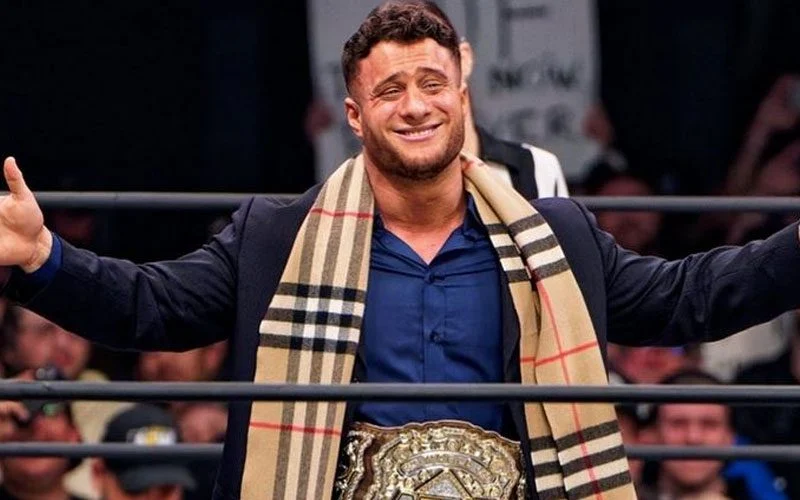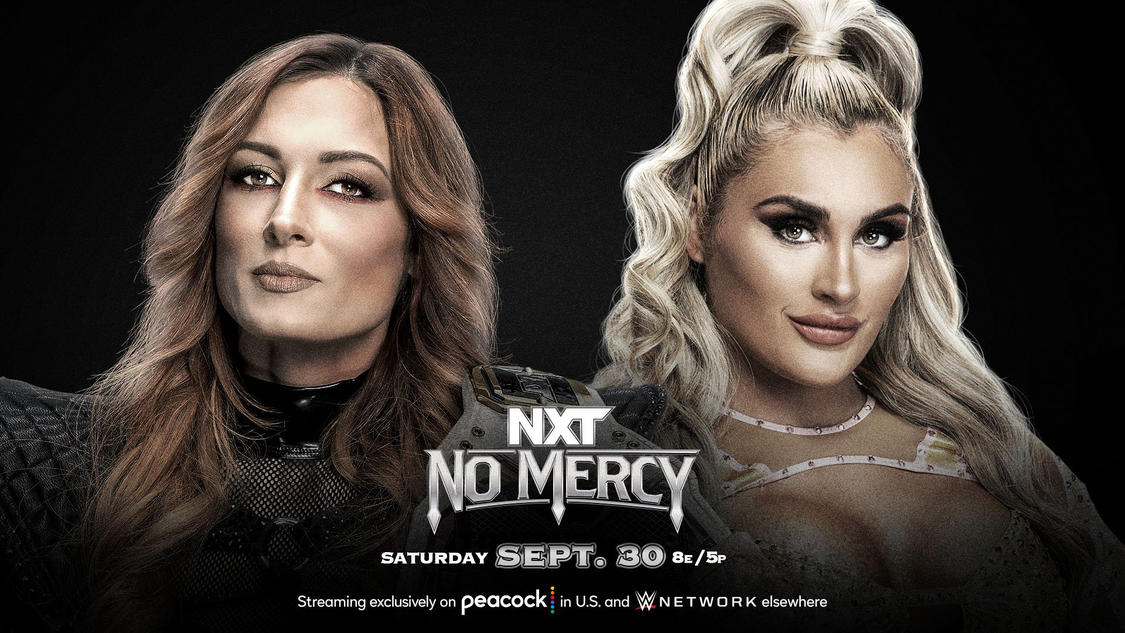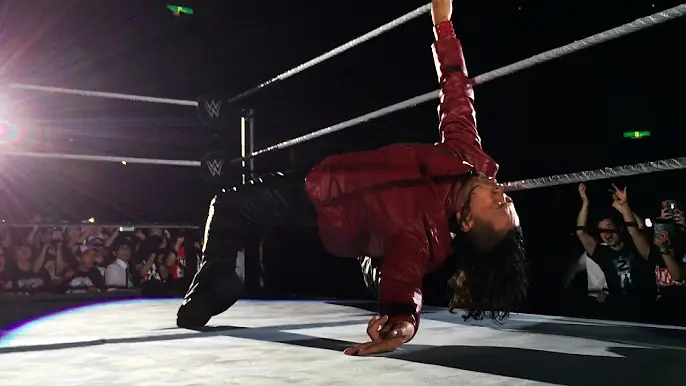The Role of Coaches and Mentors in UFC: Guiding Fighters to Greatness
MMA, and more particularly the UFC, is a violent physical contest that requires physical strength, intelligence, psychological endurance, and technique. Even though it is the fighters who enter the octagon, they are normally heavily influenced by the trainers and other people who accompany them. These people are central to the fighters’ futures, training, and handling the machinations of the sport. This article explores the various ways coaches and mentors impact the fighters in the UFC and how they help them achieve their potential.
The Multifaceted Role of Coaches
- Technical Skill Development
For a coach, one of the key roles is building a fighter’s technical aspect, and this aspect is a key area that forms the basis of the sport. This entails the training of attacks, ground fighting, pins and locks, and evasive actions. Coaches in MMA tend to be specialists in particular disciplines that include Brazilian jiu-jitsu, Muay Thai, wrestling, or boxing and get together to train the fighter. For instance, Rafael Cordeiro of Kings MMA has struck the limelight in striking coaching, while John Danaher specializes in grappling and jiu-jitsu coaching.
Striking: Experts like Trevor Wittman, who has trained fighters like Justin Gaethje and Rose Namajunas, work on the improvement of punching, kicking, elbowing, and kneeing so that fighters can competently strike and kick their opponents.
Grappling and Submissions: Firas Zahabi of Tristar Gym is a good example; he focuses on wrestling and BJJ, as grappling is essential for the takedown and submission of the opponents on the ground. - Strategic Planning and Game Plan Development
Besides the technical skills, coaches are expected to come up with fight strategies. This process entails studying the opponents, realizing their advantages and their flaws, and developing a strategy that will allow for capitalizing on those weaknesses while at the same time avoiding the fighter’s shortcomings. It is often said that the eye of the technician is worth fifteen men on the ground since a coach’s insight can often mean a win or a loss
Opponent Analysis: Fighters use fight tapes to analyze the opponents and their fighting style that they have employed in previous fights. This detailed analysis enables them to organize their training sessions to build up their fighters for these tasks.
Game Plan Execution: In the course of the fights, the coaches are able to keep the fighter informed to ensure that he or she abides by the pregame plan or even make changes where needed. There might be a need to make some adjustments, and this is where the cornering advice between the rounds could be extremely important. - Physical Conditioning and Nutrition
MMA is a physical contact sport and therefore calls for fitness in the athletes. Coaches also collaborate with strength and conditioning trainers so that the fighters are in the best shape possible. They also consult nutritionists when arranging weight cuts and to ensure that the fighters have enough energy and strength.
Strength and Conditioning: Trainers and coaches create and supervise intense training schedules that increase the physical fitness, stamina, and speed of a fighter.
Nutrition and Weight Management: A proper diet plan is essential, as it plays a significant role during training and competition due to the high physical intensity of the activity for different weight categories. Coaches and nutritionists prepare the diet regimens that allow the fighters to get into the category of their desired weight without causing much harm to their performance. - Injury Prevention and Recovery
Due to the nature of the physicality of MMA, coaches are also heavily involved in the training process for injury prevention and rehabilitation. The organizations cooperate with physicians and physiotherapists to observe the fighter’s state and guarantee his ability to train and fight.
Preventive Measures: Preventive measures that are in place include the use of proper warm-up, cool-down, and stretching by the coaches to reduce the number of injuries.
Rehabilitation Programs: In matters of injuries, coaches manage the physical rehabilitation processes that a fighter goes through to enable him or her to get back in the ring in the best way possible.
The Psychological Role of Mentors
- Mental Toughness and Resilience
So fighting in the UFC is as much a mental game as it is a physical one. Coaches are central to the fighter’s psychological conditioning and management of stress, performance expectations, adversity, and concentration.
Confidence Building: Mentors encourage fighters and make them believe in themselves; they keep them focused. This is very important, especially during the rigorous training sessions and against strong rivals.
Handling Adversity: Coaches ensure that the fighters remain emotionally stable, bearing in mind that they have to face situations such as losses and injuries and high-pressure fights, among others. Positive thinking is usually employed through the use of visualization, meditation, and positive affirmations.
- Career Guidance and Long-Term Planning
Mentors also give advice on their career since they are experienced in the field; they guide fighters on decisions that would be suitable for their career. This encompasses matters regarding fight choice, remunerations, and adjustment to living after fighting.
Fight Selection: Selecting these battles is extremely important in the fighter’s career or their progress as a fighter. Coaches assist the fighters to evaluate the prospects and threats of accepting specific bouts; thus, they only get into fights that will benefit their careers.
Post-Fight Career Planning: Fighters are frequently assisted by trainers in preparing for a post-fighting career, whether it be as coaches, businesspeople, or in other professions.
Case Studies of Successful Coach-Fighter Partnerships
- Khabib Nurmagomedov and Abdulmanap Nurmagomedov
Abdulmanap Nurmagomedov, the father of Khabib Nurmagomedov, one of the greatest fighters in the UFC, played a huge role in his career. Abdulmanap, who was a Sambo and wrestling trainer, established the roots of Khabib’s ground-and-pound style, which troubled many of his rivals. It was not merely a trainer-fighter relationship since Abdulmanap took his time to discipline, teach, and influence Khabib to respect people and work hard.
- Georges St-Pierre and Firas Zahabi
One of the most decorated MMA fighters of all time is George St-Pierre, also famously known as GSP, who attributes a lot of his success to his trainer, Firas Zahabi of Tristar Gym. Thus, Zahabi’s focus on a well-versed skill set, tactical planning, and psychological training proved invaluable to GSP’s welterweight championship reign. Their relationship perfectly illustrates the necessity of having a trainer who would be able to change with the fighter and develop new tactics.
- Amanda Nunes and Din Thomas
Amanda Nunes, who became the champion in two weight divisions at the UFC simultaneously, has also received the support of several trainers in her career. Her striking and general fighting style have been influenced by one of her trainers, Din Thomas. The way that Thomas has been able to motivate her, along with her hardworking personality, has made her one of the most dangerous fighters in the history of the UFC.
- Henry Cejudo and Eric Albarracin
Eric Albarracin has been the coach of Henry Cejudo, the Olympic gold medalist and ex-two-division UFC titleist. Albarracin’s experience in wrestling and his skills in the psychological aspect of preparing his fighters have been vital in shaping Cejudo’s career. This is the effect that a committed trainer can have on an athlete when the possibility is turned into performance.
The Evolution of Coaching in the UFC
Coaching in the UFC has come a long way from the early days of mixed martial arts (MMA) fights. At first, the fighters would practice a single martial art and depend on their trainers for certain moves within the respective system. Today, the sport requires the trainers to combine different types of martial arts and to pay attention to the development of the complete personality of the fighter.
- Interdisciplinary Training Camps
Modern training camps, such as American Top Team (ATT) and Jackson-Wink MMA, employ a team of coaches specializing in different disciplines. This interdisciplinary approach ensures that fighters receive comprehensive training in striking, grappling, conditioning, and mental preparation.
American Top Team: ATT boasts a roster of elite coaches and fighters, providing a collaborative environment where fighters can learn from multiple experts. This team-oriented approach has produced numerous champions and top contenders.
Jackson-Wink MMA: Known for its strategic and analytical approach, Jackson-Wink MMA has produced legendary fighters like Jon Jones and Holly Holm. The gym’s emphasis on game planning and adaptation has set a high standard for MMA coaching.
- Technology and Data Analysis
The use of technology and data analysis has become increasingly prevalent in MMA coaching. Tools such as video analysis software, wearable fitness trackers, and performance metrics help coaches tailor training programs and strategies more effectively.
Video Analysis: Coaches use video analysis to break down fights, studying both their fighters’ performances and those of potential opponents. This allows for detailed feedback and targeted improvements.
Performance Metrics: Wearable technology and data analytics provide insights into a fighter’s physical condition, helping coaches optimize training loads, prevent injuries, and ensure peak performance on fight night.
The Impact of Coaching Styles
Different coaching styles can significantly influence a fighter’s development and performance. Some coaches adopt a more authoritative style, emphasizing discipline and strict adherence to training regimens, while others favor a collaborative approach, encouraging fighters to take ownership of their training and make decisions. Both styles have their merits, and the best coaches often blend these approaches to suit individual fighters’ needs.
- Authoritative Coaching
There are head trainers such as Greg Jackson and Rafael Cordeiro whose approach to training is quite strict and rigorous in terms of the ethics and dedication of fighters. This can help to create discipline and guarantee that the fighters are ready for the challenges that they are going to face in a fight. However, it must be done in a manner that does not end up boring the fighters and, in the process, drains out all their energy. - Collaborative Coaching
On the other hand, there exist coaches like Firas Zahabi and Duke Roufus who, as a rule, share power with fighters and make them liable for their progress. This style promotes more creativity and flexibility because fighters are free to create their own style and adjust it during the fights.
Conclusion
Trainers and coaches are the backbone of the UFC fighters, and they are partly responsible for the fighters’ techniques, tactics, fitness, and character. This dynamic and complex position entails a comprehensive knowledge of the sport, concern for fighters’ well-being, and flexibility due to the constantly changing environment in MMA. As a result of the trainers, fighters do not only succeed in the octagon but are also trained to be successful in life after fighting. As the sport progresses, the roles of these people will become even more significant in the development of the UFC as a new generation of champions and super stars is formed.


